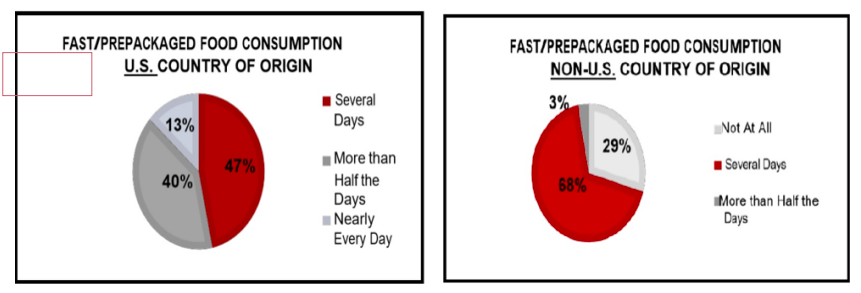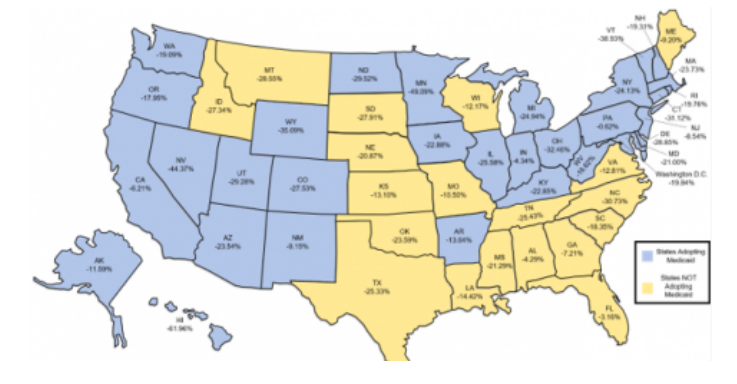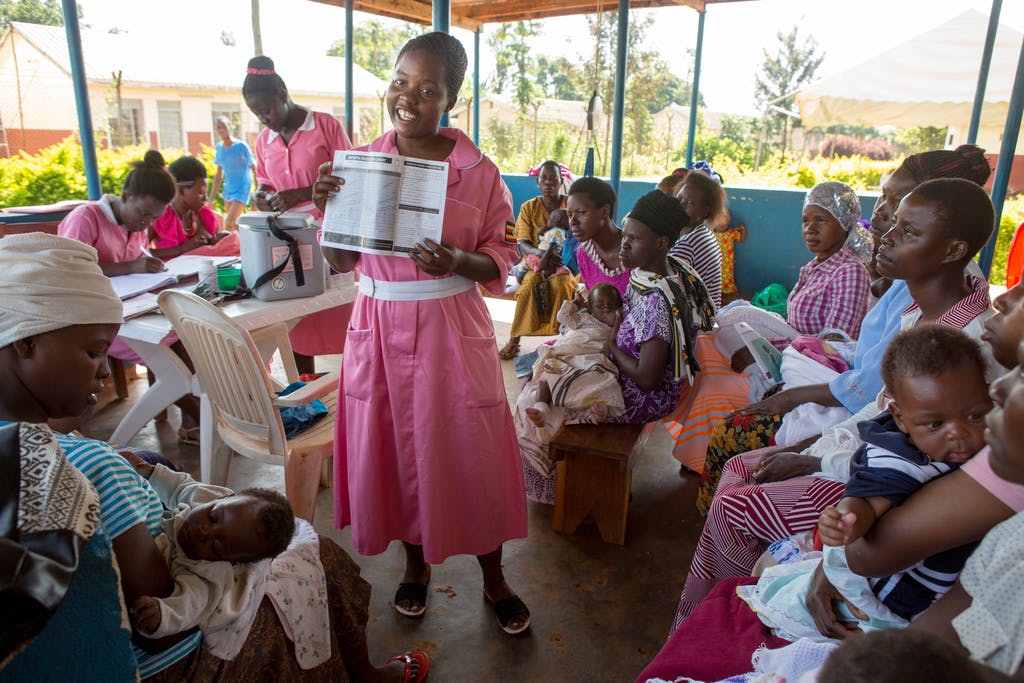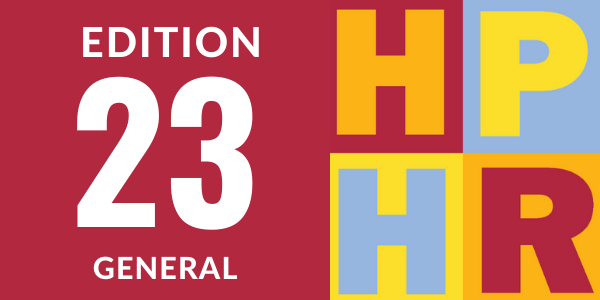Edition 23 – Acculturation, Familial Support, and Unhealthful Dietary Patterns: Evaluating Notable Trends in a Latino Population

Acculturation, Familial Support, and Unhealthful Dietary Patterns: Evaluating Notable Trends in a Latino Population By Lauren E. Miller, Maud Joachim-Célestin, Marisol Lara, Simone Deshields, Susanne Montgomery, Camille Clarke Citation Miller L, Joachim-Célestin M, Lara M, Deshields S, DaCosta Davis S, Montgomery S, Clarke C. Acculturation, familial support, and unhealthful dietary patterns: evaluating notable trends in […]
Edition 23 – Optimizing Big Data to Inform the Plausibility of Patient Debt

Optimizing Big Data to Inform the Plausibility of Patient Debt By Sebastián R. Díaz and Vikrant Bhatnagar Citation Díaz S and Bhatnagar V. Optimizing big data to inform the plausibility of patient debt. Harvard Public Health Review. 2019;23. DOI:10.54111/0001/W2 Optimizing Big Data to Inform the Plausibility of Patient Debt Abstract In 2014, states approving the expansion […]
Edition 23 – Culturally Sensitive Cooking Classes to Increase Healthy Cooking Confidence in the Latino Community

Culturally Sensitive Cooking Classes to Increase Healthy Cooking Confidence in the Latino Community By Christine Nguyen, Arram Noshirvan, Julia Tong, Jason Blanks, Bing Ling Wu, Morrell Chhay, Mariel Marquez, Angelica Juarez, Efrain Talamantes, Christopher Y. Itoh Citation Nguyen C, Noshirvan A, Tong J, Blanks J, Ling Wu B, Chhay M, Marquez M, Juarez A, Talamantes […]
Edition 23 – The Importance of Effective Communication in Healthcare Practice

The Importance of Effective Communication in Healthcare Practice By Haran Ratna Citation Ratna H. The importance of effective communication in healthcare practice. Harvard Public Health Review. 2019;23. DOI:10.54111/0001/W4 The Importance of Effective Communication in Healthcare Practice Abstract Effective communication is of the utmost importance when delivering healthcare. Without it, the quality of healthcare would be impaired. […]
Edition 23 – Conflicts of Patient-Caregiver Communication and Some Workable Solutions

Conflicts of Patient-Caregiver Communication and Some Workable Solutions By Vanessa Collins Share on facebook Facebook Share on twitter Twitter Share on linkedin LinkedIn Citation Collins V. Conflicts of patient-caregiver communication and some workable solutions. Harvard Public Health Review. 2019;23. DOI:10.54111/0001/W5 Conflicts of Patient-Caregiver Communication and Some Workable Solutions Abstract Health communication is a central topic in […]
Edition 23 – Case Report of Non-Communicable Diseases in Uganda: Addressing Challenges with Access to Healthcare and How Community Health Workers May Be a Potential Solution

Case Report of Non-Communicable Diseases in Uganda: Addressing Challenges with Access to Healthcare and How Community Health Workers May Be a Potential Solution By Chinelo Onyilofor Share on facebook Facebook Share on twitter Twitter Share on linkedin LinkedIn Citation Onyilofor C. Enough is enough: the silent rise of non-communicable diseases in Uganda. Harvard Public Health Review. […]
Edition 23 – In the Context of Palliative Care

In the Context of Palliative Care By Ian Wee Share on facebook Facebook Share on twitter Twitter Share on linkedin LinkedIn Citation Wee I. In the context of palliative care. Harvard Public Health Review. 2019;23. DOI:10.54111/0001/W7 In the Context of Palliative Care Most, if not all, consultations often end with a sentence which sounds similar to […]
Edition 23 – General

In edition 23 of the Journal, the authors address a range of public health issues.

